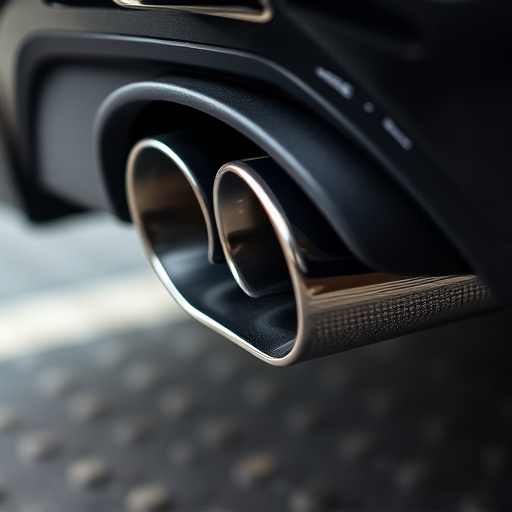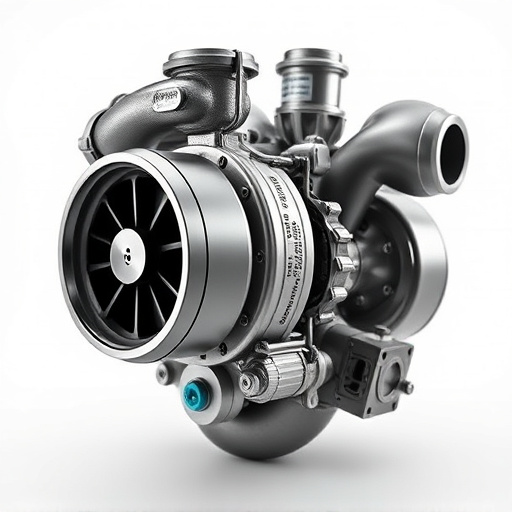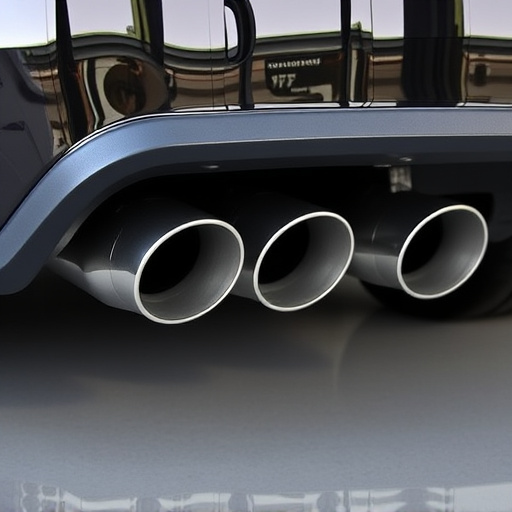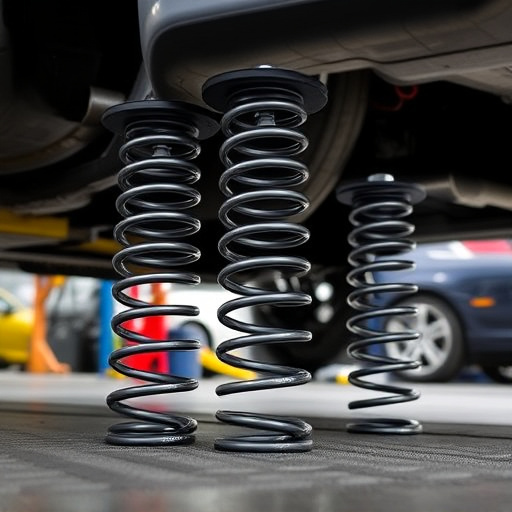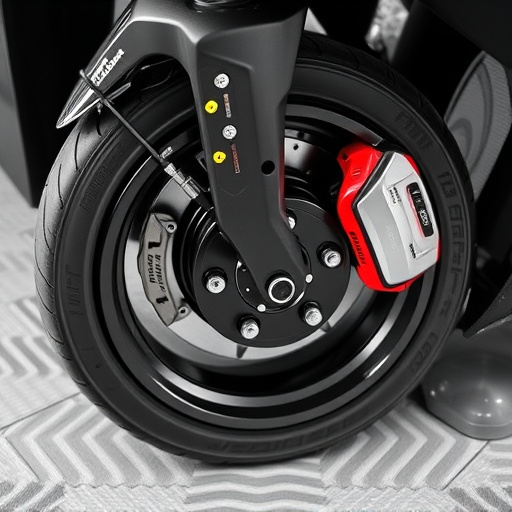Oiled air filters enhance vehicle performance by capturing fine particles, improving engine efficiency and prolonging brake component lifespan. Choosing the right oil for these filters is crucial, considering factors like intended use, system design, temperature range, dust levels, and desired lifespan. High-quality automotive oils designed for air intake systems offer optimal viscosity, additives, and protection against contaminants, ensuring smooth airflow and effective filtration.
“Unveiling the secrets to enhancing your oiled air filter’s performance, this comprehensive guide is tailored for those seeking a robust and efficient system. Understanding oiled air filters and their unique benefits is the first step. From there, we’ll navigate through crucial factors that dictate oil type selection, ensuring optimal results.
Learn how to choose the right oil, explore essential considerations, and unlock the full potential of your oiled air filter with our detailed, expert-backed strategies.”
- Understanding Oiled Air Filters: Their Function and Benefits
- Factors Influencing Oil Type Selection for Air Filters
- Choosing the Right Oil: A Comprehensive Guide for Optimal Performance
Understanding Oiled Air Filters: Their Function and Benefits

Oiled air filters are designed to capture and remove fine particles from the air entering your vehicle’s engine. They operate by using a thin layer of oil to lubricate and attract dust, dirt, and other contaminants, preventing them from reaching the engine where they could cause damage. This simple yet effective mechanism offers several advantages over traditional air filters.
One of the key benefits is improved performance air filters efficiency. By trapping smaller particles, oiled air filters help maintain optimal engine performance. They also extend the life of brake components by keeping the air supply clean and reducing wear caused by dirty air. Moreover, they can be part of a coilover kit, providing enhanced control and comfort for drivers while ensuring that your vehicle’s air intake system functions at its best.
Factors Influencing Oil Type Selection for Air Filters
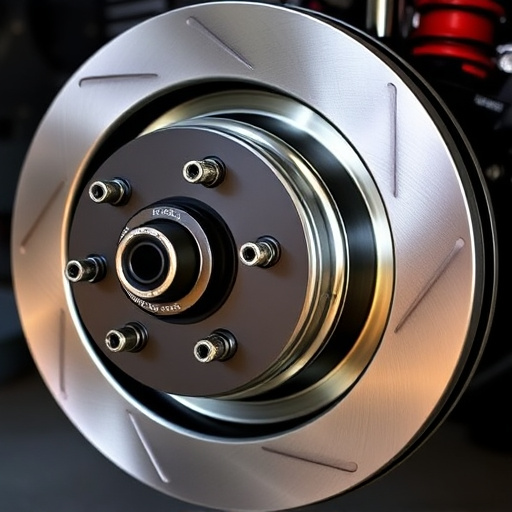
When selecting oil for your oiled air filter, several factors come into play. One key consideration is the oiled air filter’s intended use. Different applications demand varied performance levels and environmental conditions, necessitating specific oil types. For instance, high-performance brakes or coilover kits may require oils that offer superior resistance to heat and shear, ensuring optimal performance under intense stress.
Similarly, the design of your vehicle’s air intake systems plays a role. Oiled air filters in high-flow or cold-air intake systems often necessitate lighter, more fluid oils to maintain airflow efficiency without compromising filter protection. The operating temperature range, dust and debris levels, and desired lifespan of the filter are also crucial determinants in choosing the right oil type for your oiled air filter.
Choosing the Right Oil: A Comprehensive Guide for Optimal Performance
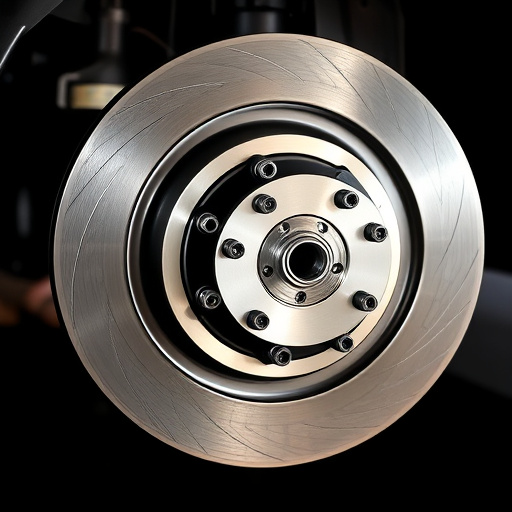
Choosing the right oil for your oiled air filter is a crucial step in ensuring optimal performance and longevity of your vehicle’s engine. Not all oils are created equal, and selecting the appropriate one can significantly impact how effectively your air filter traps contaminants while allowing for smooth airflow. When it comes to oiled air filters, the primary consideration is the type of oil used as the lubricant.
For an oiled air filter to function at its best, you need a high-quality oil that offers adequate viscosity and a balanced blend of additives. Look for oils specifically designed for automotive air intake systems, as they are formulated to provide superior performance exhaust while maintaining the integrity of your air filter kits. Consider factors like temperature range, wear protection, and contaminant control when choosing your oil. Using the wrong type can lead to improper lubrication, causing the air filter to malfunction or require more frequent replacement.
When selecting oil for your oiled air filter, consider both environmental factors and your specific filtration needs. By understanding the unique properties of various oils and their impact on air quality, you can make an informed decision that ensures optimal performance and prolongs the life of your oiled air filter. Remember, the right oil choice is a crucial step in maintaining a healthy and efficient filtering system.








